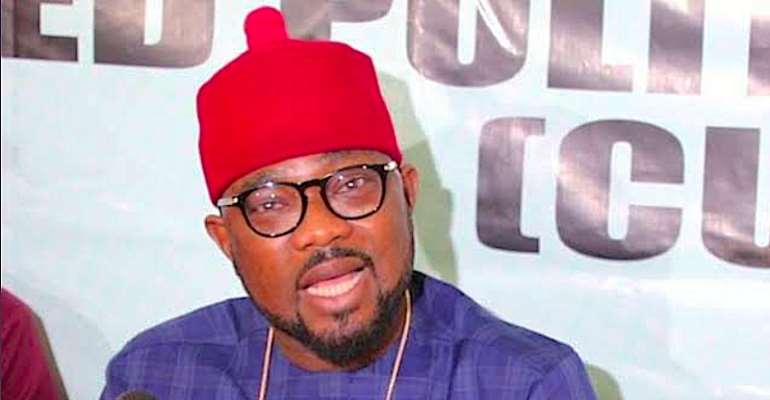The Peoples Democratic Party (PDP) in Imo State is grappling with a profound crisis, characterized by factionalism, legal battles, and a struggle for control that threatens its viability as a major political force in the state. The internal divisions, stemming from disagreements over leadership, candidate selection, and allocation of resources, have created deep-seated animosity among party members, hindering its ability to present a united front and effectively challenge its political rivals. The conflict, which has been simmering for years, escalated during the 2023 general elections, leading to parallel primaries, multiple candidates for the same positions, and ultimately, a dismal performance at the polls. The party’s inability to resolve its internal disputes has not only cost it electoral victories but also eroded public confidence in its ability to govern effectively.
The root of the crisis can be traced to the struggle for dominance between various factions within the party, each vying for control of its machinery and resources. These factions are often aligned with prominent political figures within the state, each with their own ambitions and loyalists. The tussle for control has manifested in various forms, including legal challenges to the legitimacy of party executives, accusations of manipulation and irregularities in party primaries, and open confrontations between rival groups. The lack of a clear and universally accepted internal dispute resolution mechanism has exacerbated the situation, allowing conflicts to fester and escalate rather than being addressed constructively. This power struggle has created a climate of distrust and suspicion, making meaningful dialogue and reconciliation increasingly difficult.
The 2023 elections brought the internal crisis to a head, with the party fielding multiple candidates for several key positions, including the governorship. This fragmentation of votes undoubtedly contributed to the PDP’s poor showing in the elections. The parallel primaries and subsequent legal challenges further weakened the party, diverting resources and attention away from campaigning and voter mobilization. The internal strife also alienated many voters who perceived the party as disorganized and incapable of providing stable leadership. The electoral defeat has further deepened the divisions within the party, as different factions blame each other for the loss, making post-election reconciliation even more challenging.
The future of the Imo PDP hinges on its ability to address the underlying causes of the crisis and implement effective strategies for reconciliation and rebuilding. This requires a concerted effort by key stakeholders within the party, including its national leadership, elders, and prominent members, to foster dialogue, promote internal democracy, and enforce party discipline. A crucial step towards reconciliation is the establishment of a credible and impartial internal dispute resolution mechanism that can address grievances and resolve conflicts fairly and transparently. This process must involve all factions and ensure that all voices are heard and considered.
Beyond internal conflict resolution, the Imo PDP needs to re-evaluate its strategies and reconnect with the electorate. This involves engaging in genuine grassroots mobilization, addressing the concerns of the people, and presenting credible candidates who can inspire confidence and deliver on their promises. The party needs to articulate a clear vision for the state that resonates with the aspirations of the people and offers a viable alternative to the ruling party. It also needs to strengthen its internal structures, enhance its communication strategies, and ensure greater transparency and accountability in its operations.
Rebuilding trust among party members and the electorate is a long and arduous process that requires sustained commitment and genuine efforts at reform. The Imo PDP must learn from its past mistakes and embrace a new era of internal democracy, transparency, and accountability. Failure to address the deep-seated divisions and implement meaningful reforms could lead to further decline and marginalization of the party in the state’s political landscape. The party must demonstrate its commitment to serving the interests of the people of Imo State rather than being preoccupied with internal power struggles. The ability of the PDP to overcome this crisis and emerge stronger will depend on the willingness of its leaders and members to prioritize unity, reconciliation, and the common good over personal ambitions and factional interests. Only then can the party hope to regain its relevance and reclaim its position as a major political force in Imo State.


